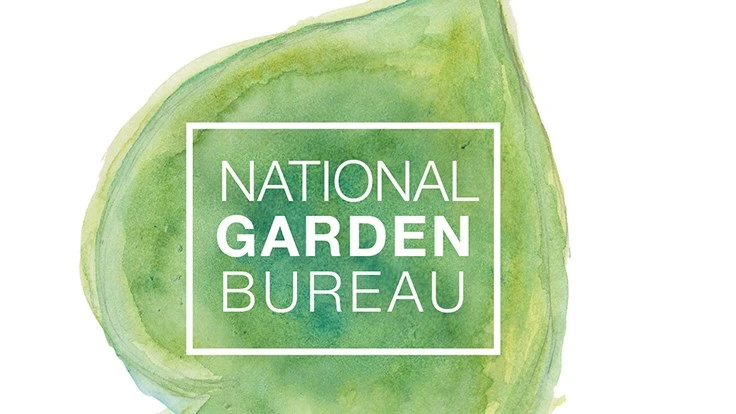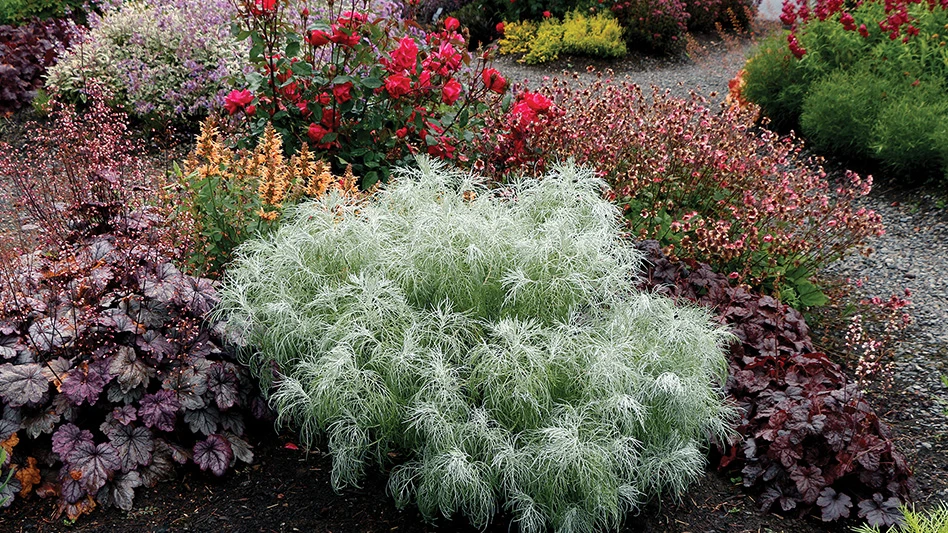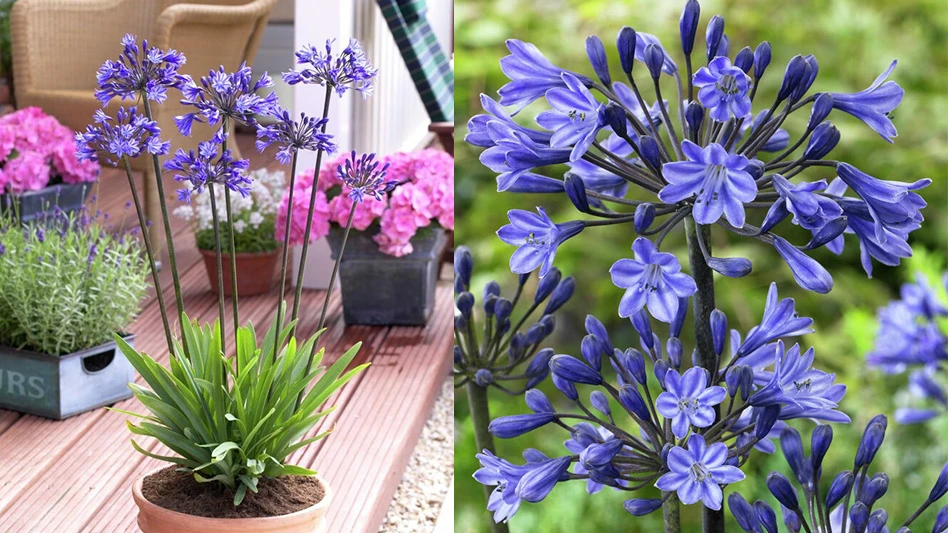
Downers Grove, Ill. — Voting is now open for the National Garden Bureau’s (NGB) Growing for Futures Therapeutic Garden Grant.
Started in 2014, Growing for Futures is a philanthropic program of NGB that supports the building and growth of therapeutic gardens across North America. In 2017, National Garden Bureau and Sakata Seed America are partnering to provide $5,000 in grant money to be split among three therapeutic gardens in North America.
The first place winner of the online voting (http://ngb.org/garden-grant-voting-2017/) will receive $3,000 from the program to enhance the garden’s good works and continue its mission. Second and third place winners will receive $1,000 each for their garden works.
National Garden Bureau promotes the health and healing powers of human interaction with plants through a yearly grant program for therapeutic gardens. Sakata Seed America is a leader in breeding vegetable and ornamental seed and vegetative cuttings. They are committed to supporting organizations throughout North America to help people live productive, healthy and enriched lives.
“This is our fourth year of offering therapeutic garden grants and each year, the reach expands to more and more deserving gardens. It’s important to raise awareness about therapeutic gardening programs that are helping people find comfort, motivation and skills for a rewarding life,” states Diane Blazek, National Garden Bureau Executive Director.
After reviewing the 47 applications submitted for the 2017 Therapeutic Garden Grant, NGB has narrowed the list of finalists to three gardening programs. Those gardens are:
- The Monarch School of New England (MSNE) in Rochester, New Hampshire – This school is a unique, comprehensive, private, non-profit, year-round, specialized, day school for students, 5 to 21 years of age, with severe physical, intellectual, emotional, medical and developmental disabilities. MSNE’s programs, recognized for their excellence, are based on an integrated team approach and a vast array of traditional and innovative programs, including horticultural therapy.
- University of Wisconsin-Extension Milwaukee County Cooperative - This program serves three distinct populations at three sites under the umbrella of the Community Garden/Urban Agriculture Program at UW-Extension Milwaukee County Cooperative utilizing partnerships with several local organizations. These three sites include the one acre Vets Healing Garden open to all veterans of military service, primarily consisting of veterans from the Vietnam War, Wil-O-Way Grant and Wil-O-Way Underwood which provide accessible garden and therapeutic horticulture programming to two county designed facilities for individuals with disabilities.
- The Farm at Penny Lane - The Horticultural Therapy Program (HTP) of the North Carolina Botanical Garden provides weekly horticultural therapy sessions to adults with serious and persistent mental illness at the Farm at Penny Lane, located in Chatham County, North Carolina. Each week, an additional 8 to 10 participants are involved in garden-related education, gardening work, and group therapy time for sharing and reflection.
The online voting can be accessed at http://ngb.org/garden-grant-voting-2017/ until September 15, 2017. Before voting be sure to view the videos on the site created by the three finalists explaining why their garden should receive the 2017 Therapeutic Garden Grant.
For more information about National Garden Bureau, please contact Diane Blazek at blazekdiane@gmai.com.
Latest from Garden Center
- Weekend Reading 11/29/24
- Trump threatens 25% tariffs on Mexico and Canada in move that could hurt horticulture
- Meet the All-America Selections AAS winners for 2025
- AmericanHort accepting applications for HortScholars program at Cultivate'25
- 2025 Farwest Show booth applications now open
- The Garden Center Group hosting 'The Financial Basics of Garden Retailing Workshop Series'
- Applications open for Horticultural Research Institute Leadership Academy Class of 2026
- Weekend Reading 11/22/24





